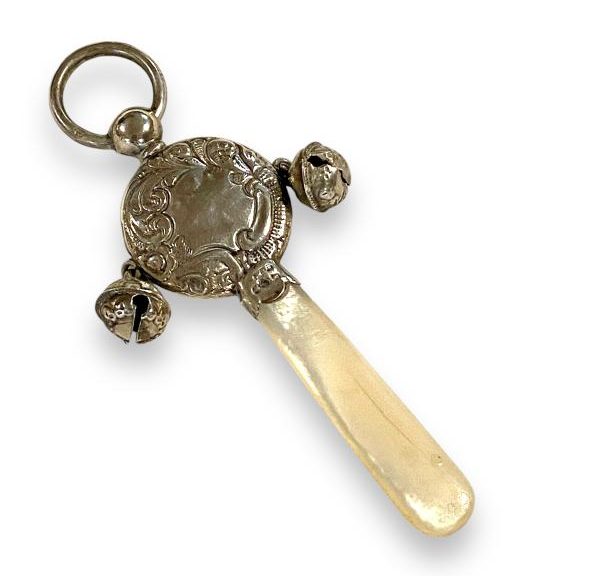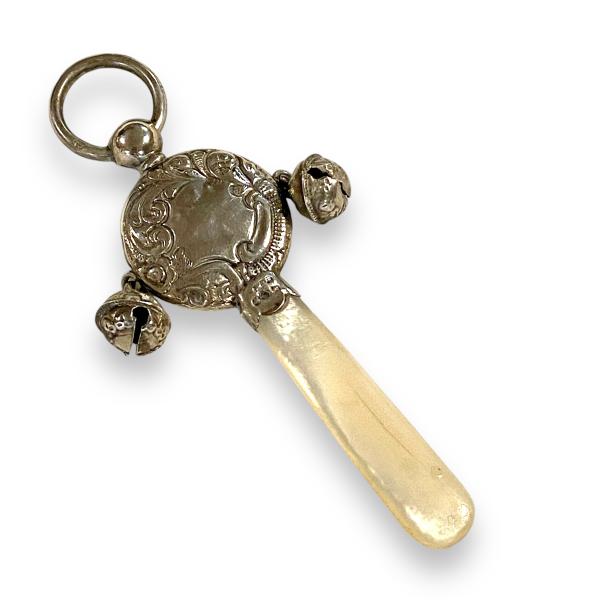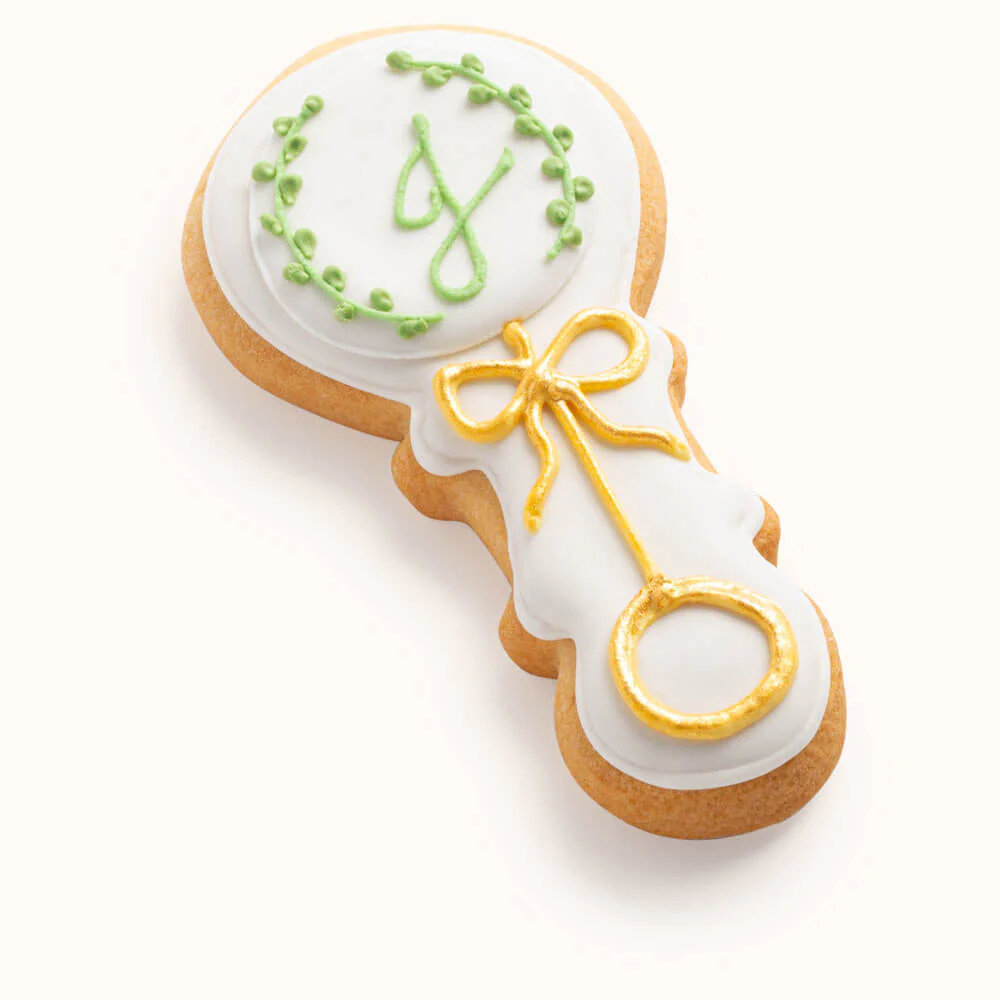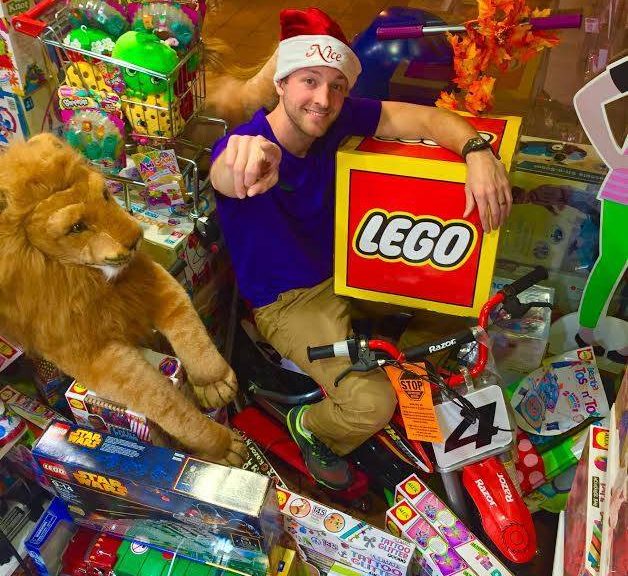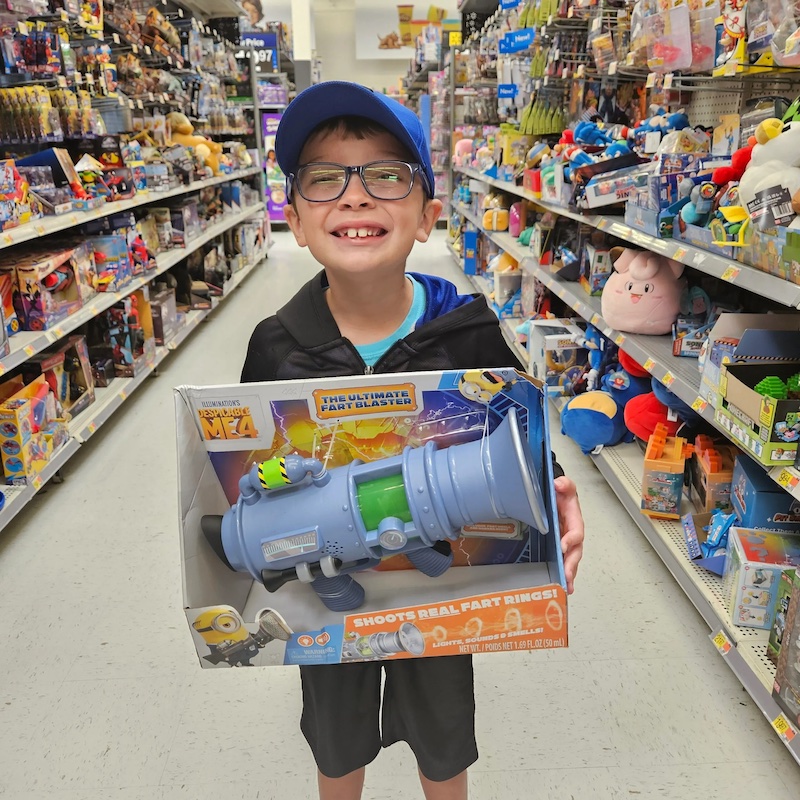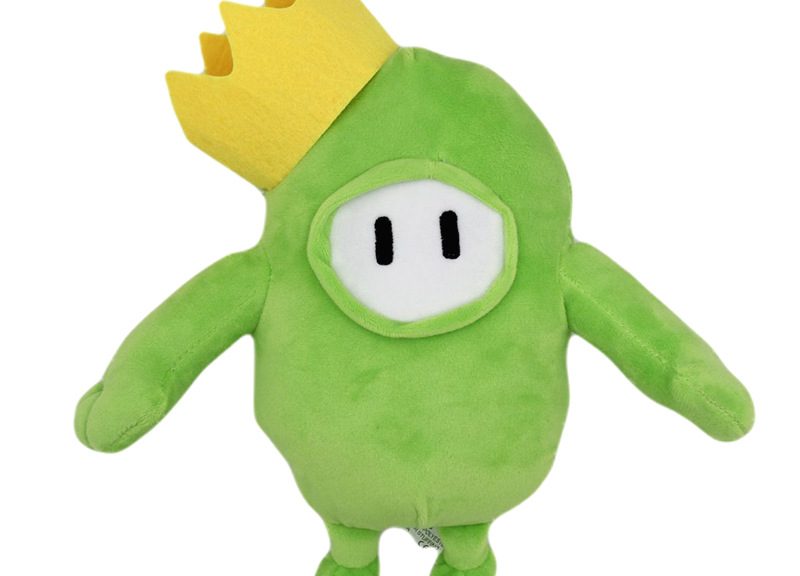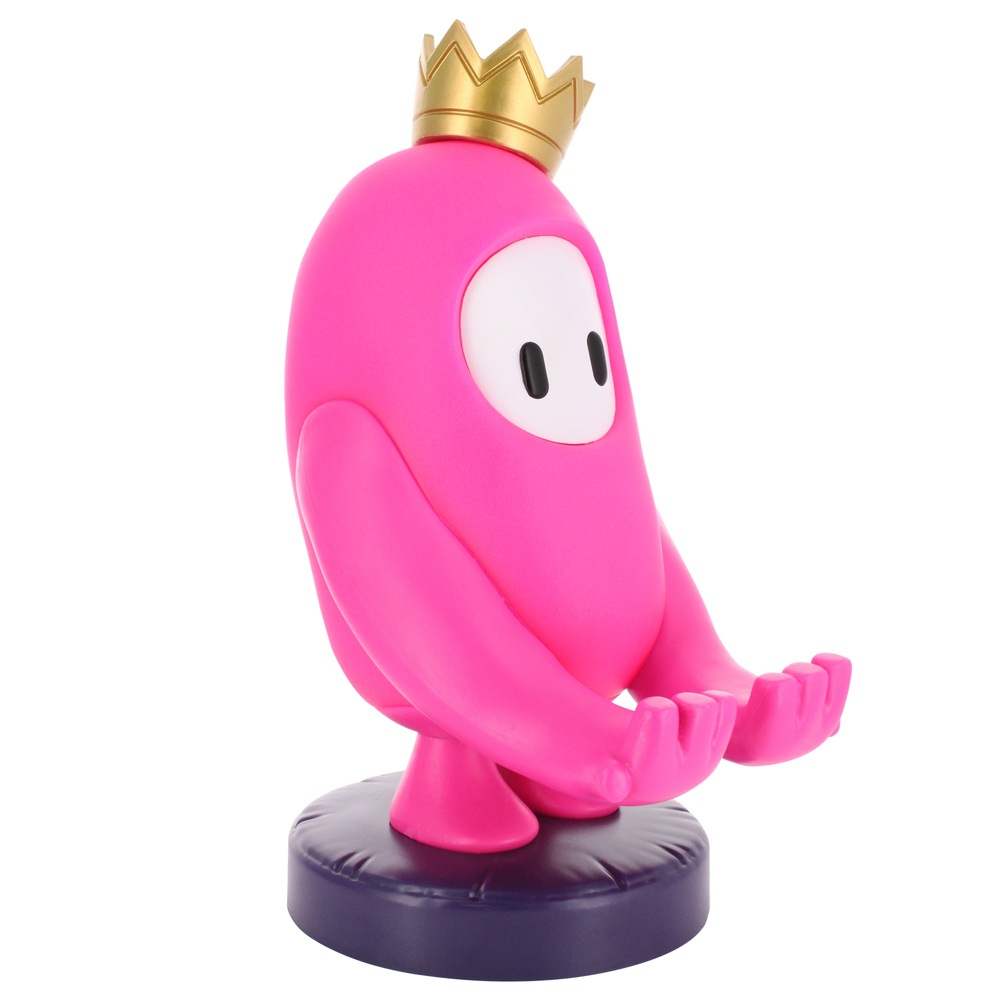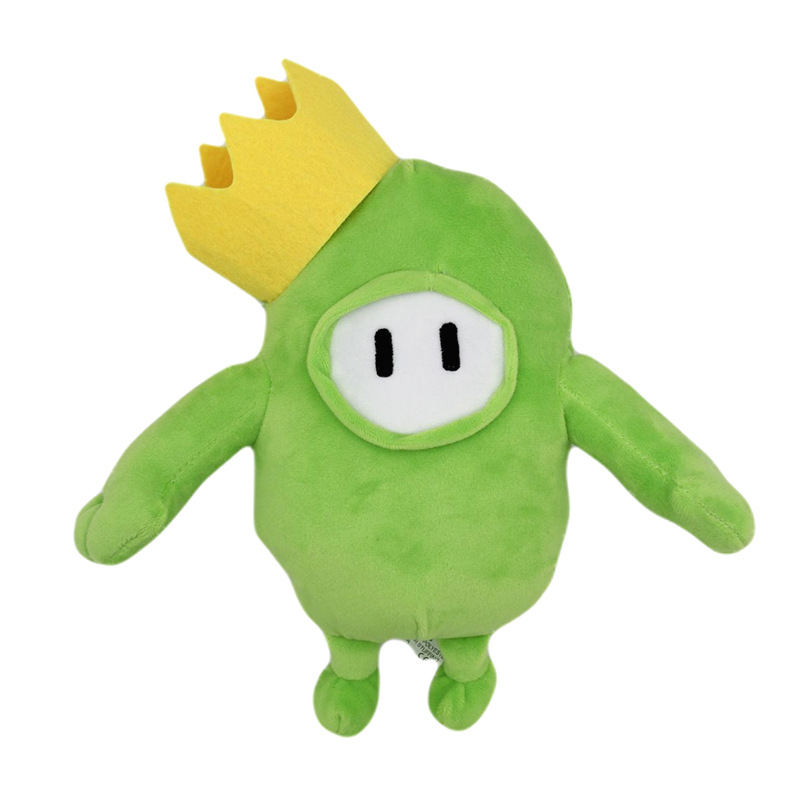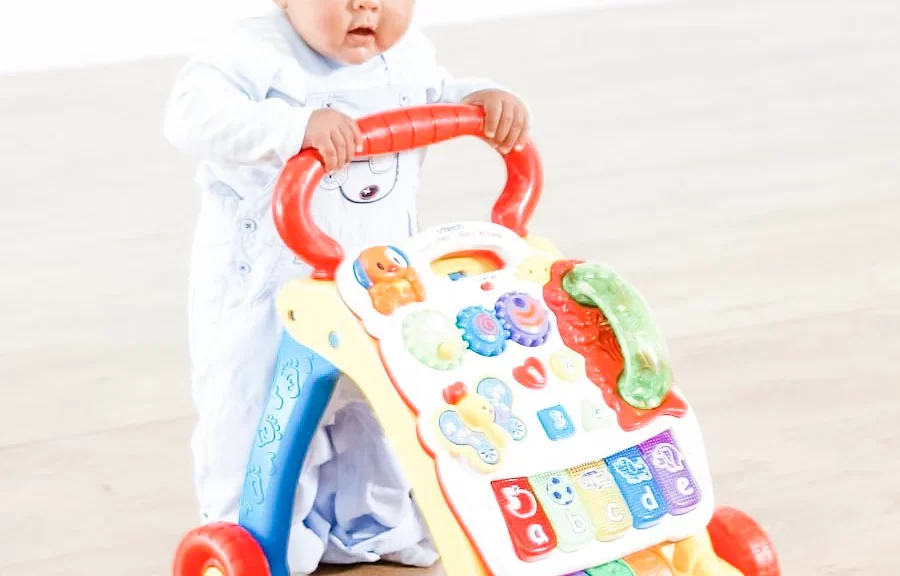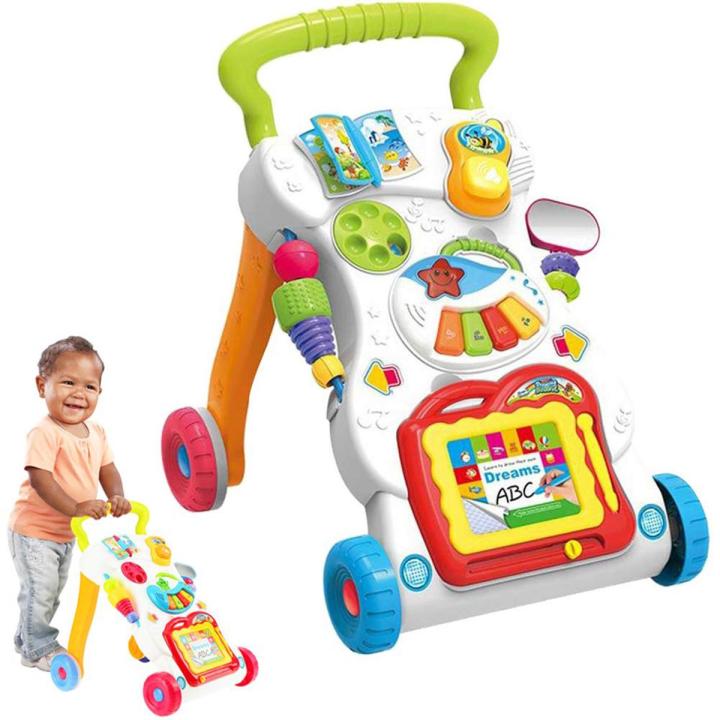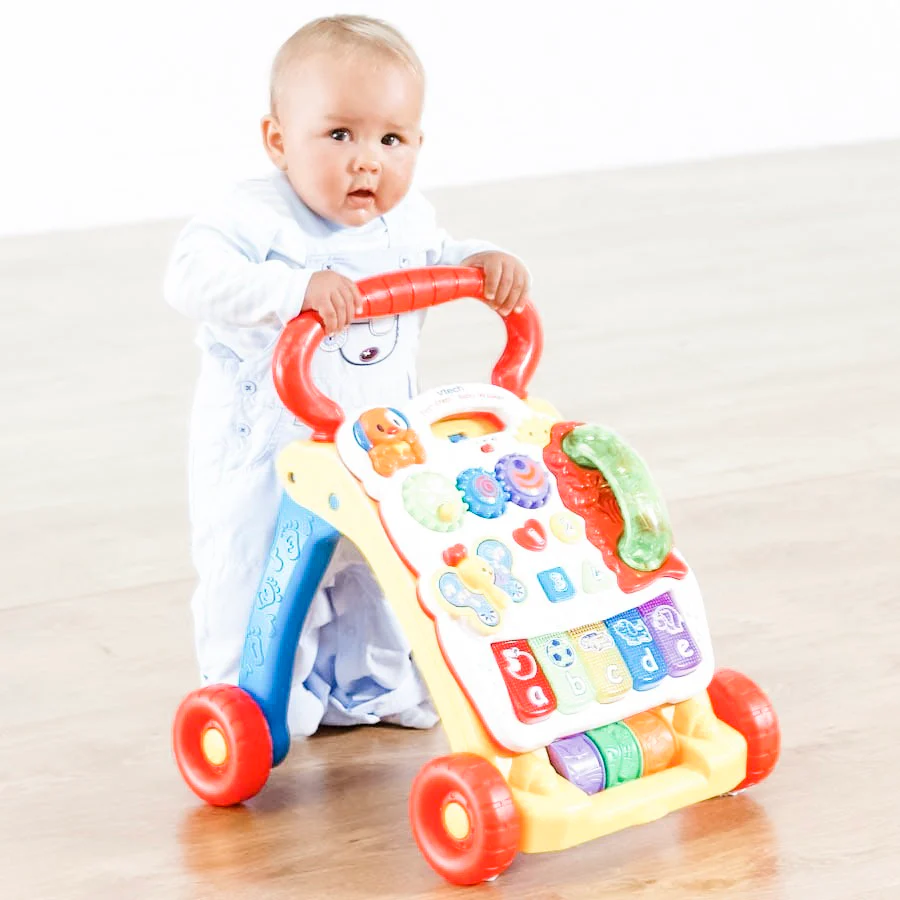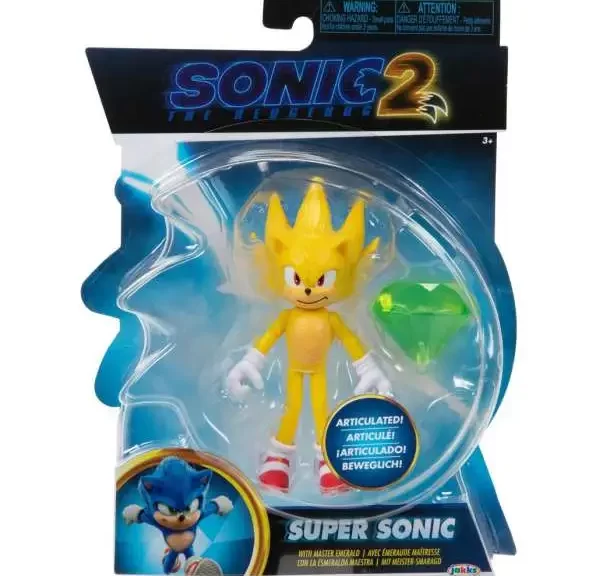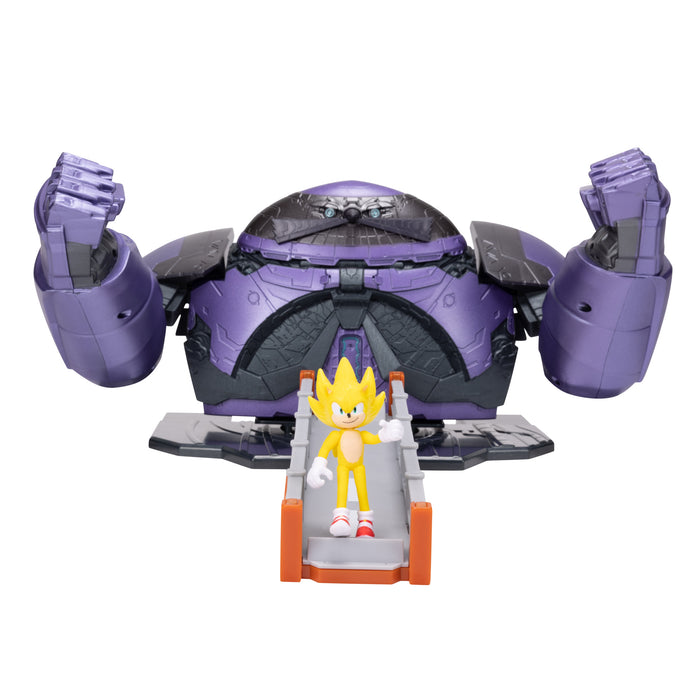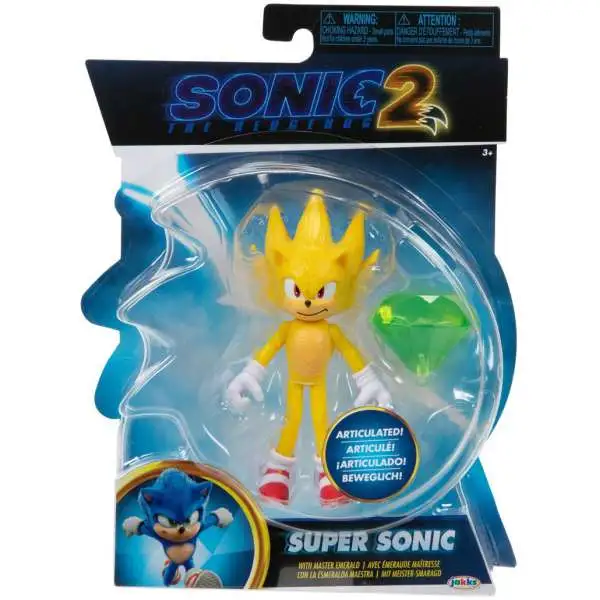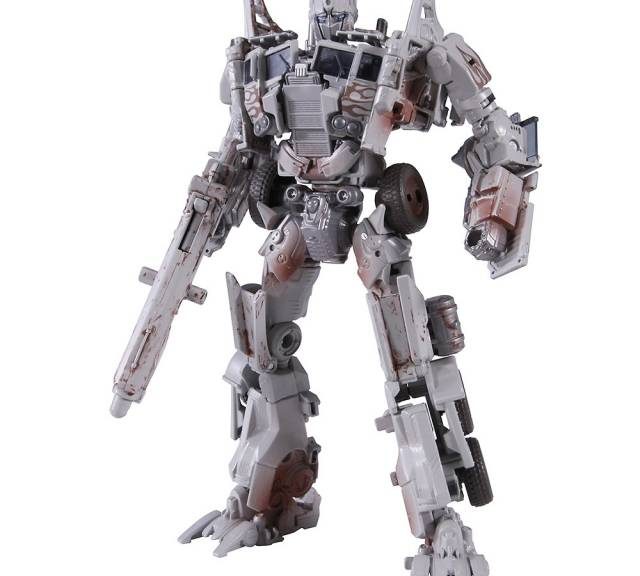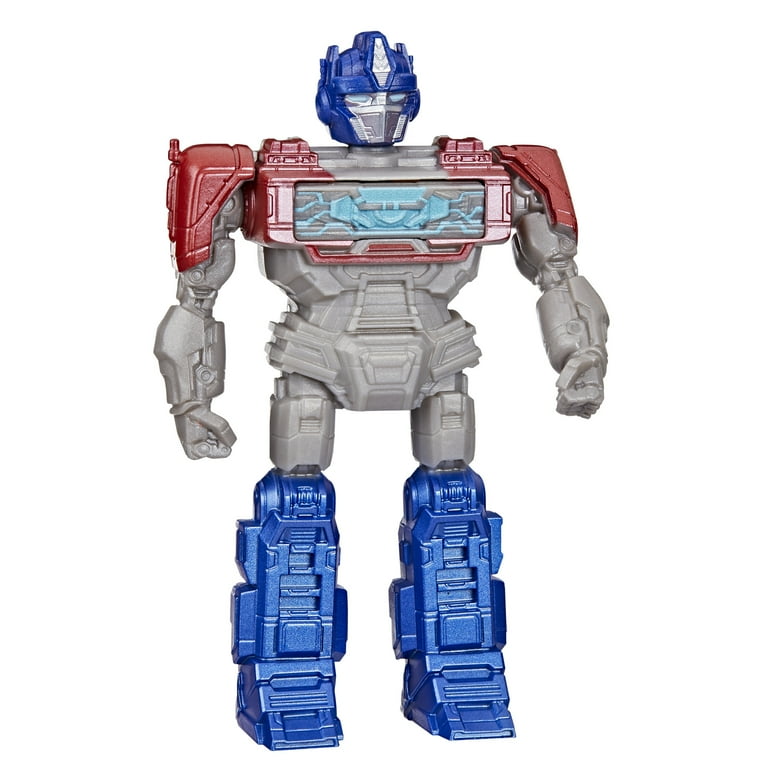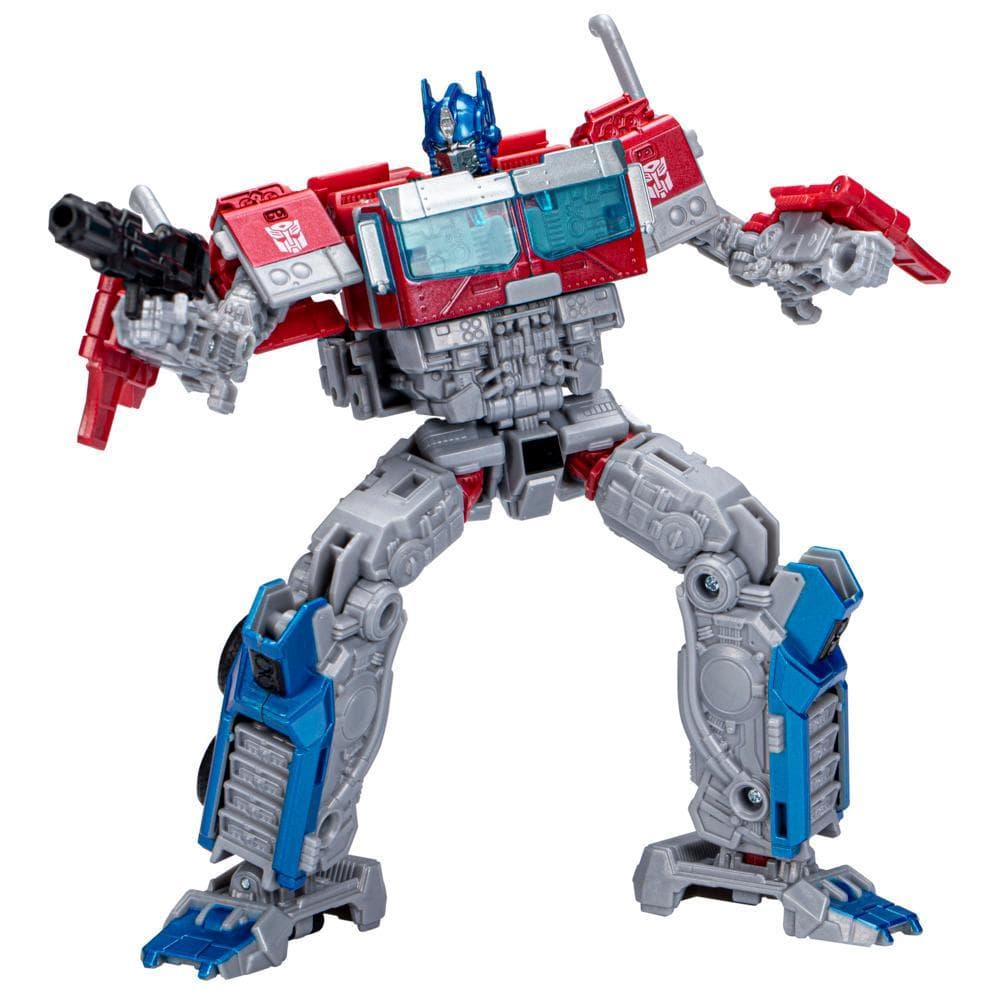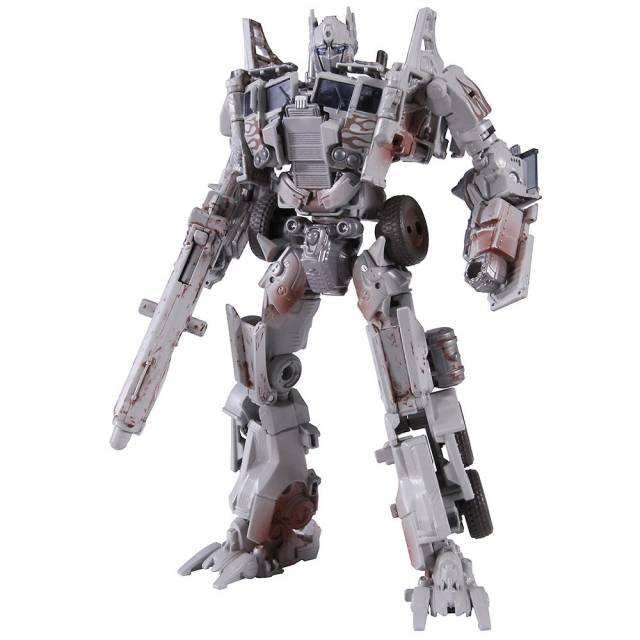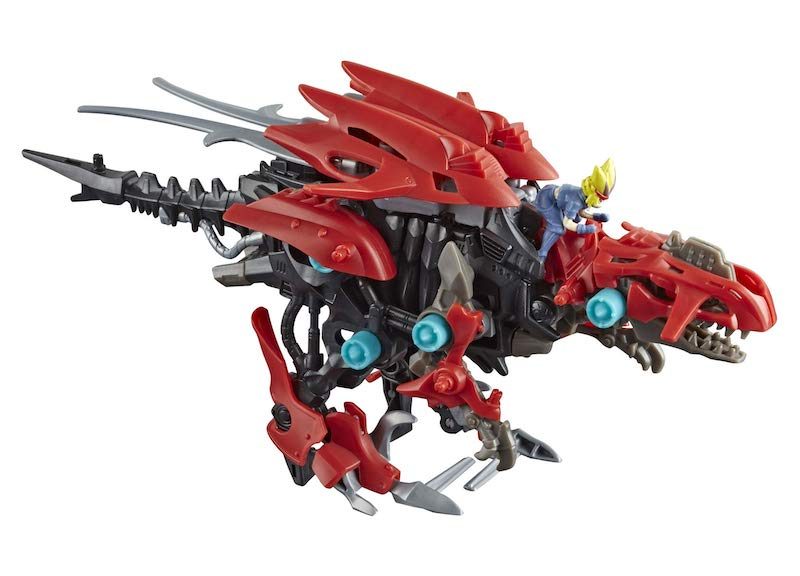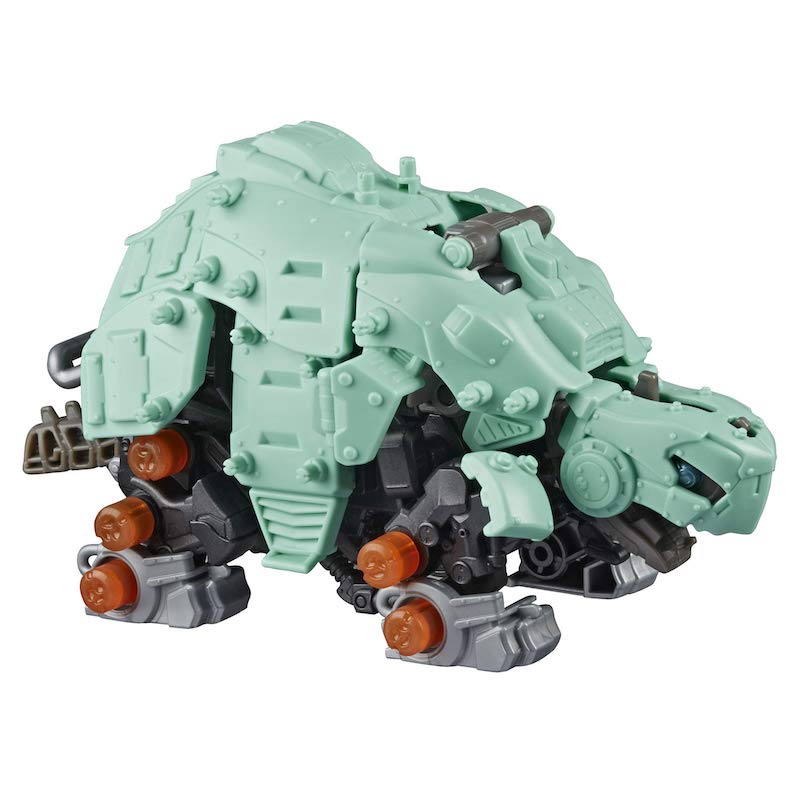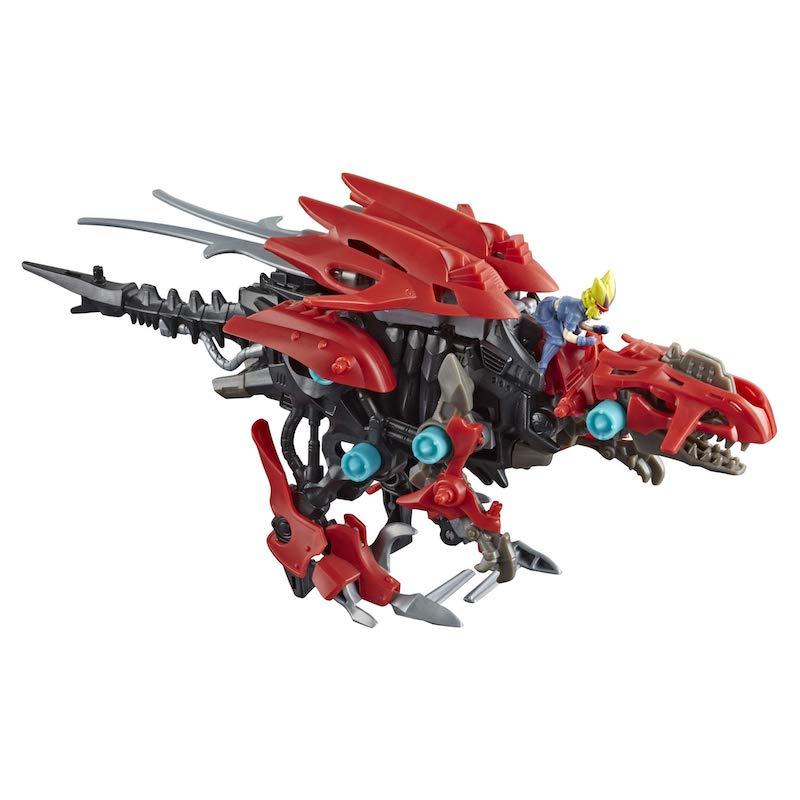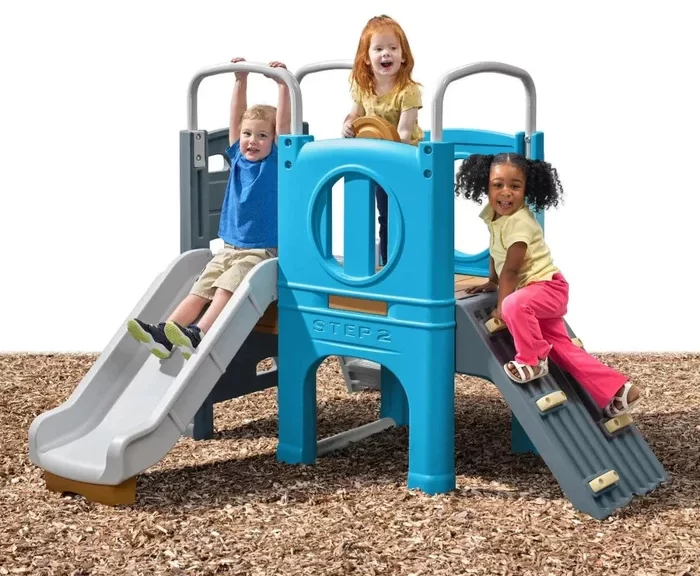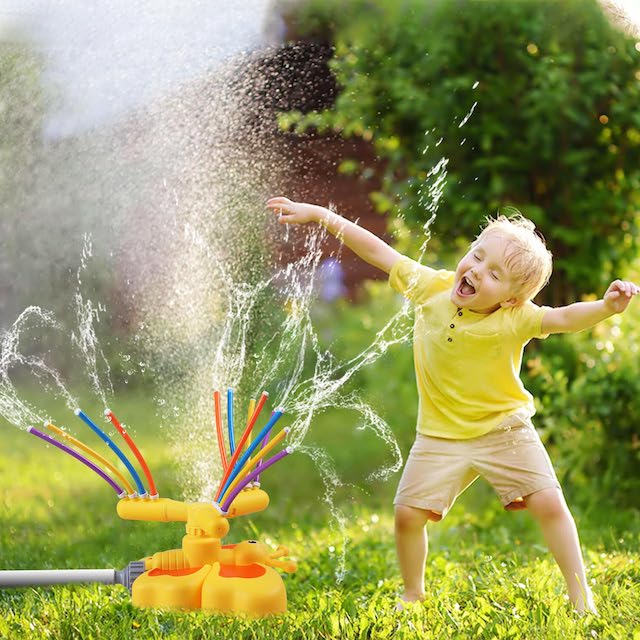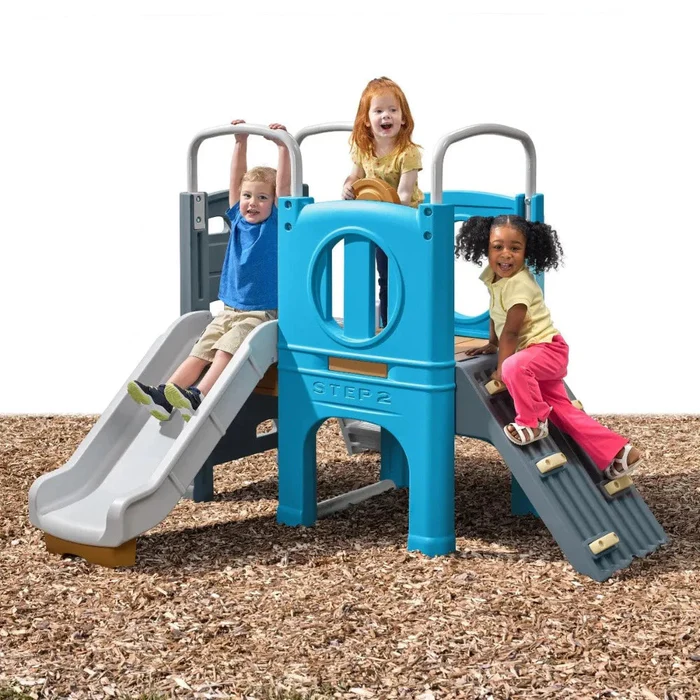The Fascination with Antique Baby Rattles
Collecting antiques brings a unique joy, and antique baby rattles make no exception. They recount stories from the past. With their intricate designs and historical value, these rattles have captured the hearts of many collectors. The fascination with antique baby rattles is multifaceted. They are symbols of heritage, craftsmanship, and innocence. Each rattle is a piece of history, often handcrafted and adorned with elaborate details. They emerged from times when toys were made with careful attention to detail. Knowing that these items soothed and entertained infants of bygone eras adds an emotional value to the collection. They connect us with ancestors and their parenting practices.
Enthusiasts appreciate the diverse materials and shapes of antique baby rattles. Silver, pewter, and coral were common, each lending a distinctive look and feel. They bear the marks of their era, from Victorian opulence to simpler, primitive forms. For some collectors, chasing the rarest pieces with unique histories can be thrilling. Others relish in the discovery of rattles closely linked to their own cultural history. The joy of collecting antique baby rattles lies not only in the items themselves but in the stories they tell and the hunt for these treasures.
Historical Significance of Baby Rattles
Baby rattles have been more than mere toys throughout history. They served as talismans for protection and symbols of status. Early civilizations believed rattles could ward off evil spirits. The gentle jingling sounds were thought to amuse babies and protect them from harm. As society evolved, the purpose of baby rattles also changed. During the Renaissance, they became symbols of family wealth. Aristocrats would commission elaborate rattles made of precious materials. They featured jewels and intricacies that displayed affluence.
In later centuries, baby rattles became more accessible. Yet, they still held significance in rites of passage. Gifting a silver rattle to an infant was a common practice. It was a sign of wishing good health and prosperity. This tradition continues in some cultures today. Collectors value these historical pieces for their depth of story and cultural importance. Each antique baby rattle is like a historical document. It reveals parenting traditions and social customs of its time. For enthusiasts, collecting these rattles is a way to connect with history. They preserve the narratives of families, societies, and the evolution of childcare.
Types of Antique Baby Rattles
Antique baby rattle collectors encounter a wide array of types, each with its own charm. Common materials in these rattles include silver, pewter, coral, and even ivory, with silver being the most prevalent and sought after due to its durability and beauty. The designs of antique baby rattles also vary greatly. Some feature intricate carvings and embossing, while others are sleek and elegant with minimal adornment.
Collectors often come across rattles with bells or whistles, and some even with small teething objects attached. These added elements not only provided entertainment for infants but also added to the rattle’s aesthetic appeal. Coral, known for its believed health benefits, was frequently used as the teething element, adding a pop of color and a luxurious feel to the piece.
The shapes of these rattles can range from simple spheres and rods to more elaborate figurines and animal shapes, reflecting the artistic preferences of different periods and cultures. Collectors also prize rattles that held dual purposes, such as those doubling as a whistle or containing a small compartment, possibly for holding sweetmeats or smelling salts.
For collectors, finding a baby rattle that doubles as a whistle or a teether not only holds functional significance but also testifies to the multi-use nature of items from the past. The variety of antique baby rattles is vast, and discovering each type’s unique features is part of the collecting adventure. When seeking out antique baby rattles, enthusiasts look for these diverse characteristics to add breadth and depth to their collections.
Criteria for Valuing Antique Baby Rattles
When collecting antique baby rattles, understanding their value is crucial. The value is not just monetary; it includes historical and aesthetic significance. Here are key factors to consider when valuing these precious items:
- Age: Older rattles usually have higher value. Look for datable features to verify age.
- Material: Preferred materials like silver and coral often fetch a higher price.
- Condition: Well-preserved rattles are more desirable. Check for signs of wear or repair.
- Rarity: Unique designs or those from prominent makers are highly valued.
- Provenance: A well-documented history can significantly increase a rattle’s worth.
- Craftsmanship: Exquisite workmanship, with intricate details, enhances a rattle’s appeal.
- Cultural Significance: Rattles with cultural connections may be more valuable to certain collectors.
Valuing antique baby rattles involves a mix of expertise and personal interest. Condition and rarity often drive the price. Yet, for true enthusiasts, the emotional value can outweigh monetary considerations. Rattles that evoke personal connections or historical intrigue are precious beyond their price tags. Collectors should aim to balance their passion with sensible valuation methods. This balance ensures both personal satisfaction and sound investment.
Sourcing Antique Baby Rattles
Finding the perfect addition to an antique baby rattle collection requires know-how and patience. Here are practical steps to source these charming collectibles:
- Explore Online Auctions: Use the internet to your advantage. Online auctions often feature a variety of antique baby rattles. Initiate searches with clear parameters to find what you’re looking for.
- Visit Antique Shops and Fairs: Physical stores and fairs offer a hands-on experience. You can inspect each rattle closely and make decisions based on firsthand observation.
- Network with Other Collectors: Join communities of fellow enthusiasts. They can offer leads and insights into where to find rare and valuable pieces.
- Hire a Professional Dealer: For unique and high-end rattles, consider working with a professional. They have experience and networks to find specific items.
- Check Estate Sales: Estate sales can be a treasure trove for antique collectors. Often, they are not as picked over as other sources.
- Look for Specialized Online Forums: Engage in forums focused on antiques. The community might help source a rattle that fits your collection.
- Monitor Social Media Groups: Facebook and Instagram have groups dedicated to antique collecting. These can be prime spots to learn about new finds.
Remember, when sourcing antique baby rattles, to carefully verify the authenticity and condition of each item. Due diligence pays off in safeguarding the value and integrity of your collection.
Preservation and Care for Your Collection
Taking care of antique baby rattles is essential for maintaining their value and condition. Proper preservation involves a mix of careful handling, correct cleaning, and appropriate storage. Here are some tips to preserve your antique baby rattle collection:
- Handle with Care: Always have clean, dry hands when you touch the rattles. Use soft gloves to avoid leaving fingerprints on delicate materials like silver.
- Clean Gently: Dust the rattles with a soft brush. For deeper cleaning, use a mild cleaner appropriate for the rattle’s material. Avoid harsh chemicals that can damage the antique.
- Control the Environment: Store your collection in a controlled environment. Too much humidity can cause corrosion, while excessive dryness may lead to cracks. Keep a consistent temperature and humidity level to protect the rattles.
- Display Wisely: Use display cases that shield the rattles from dust and direct sunlight. UV rays can fade and damage materials over time.
- Avoid Rough Surfaces: When laying down your rattles, choose soft surfaces. Rough textures can scratch or chip the rattle’s finish.
- Regular Check-ups: Examine your collection regularly for signs of wear or damage. Early detection of problems can prevent further deterioration.
By following these tips, you can ensure that your antique baby rattle collection remains in excellent condition for years to come. Remember, taking preventive measures now will help preserve the history and beauty of your treasured items.
Navigating Legalities and Ethics in Collecting
Collecting antique baby rattles involves more than just an eye for beauty. It also requires an understanding of the legal and ethical implications. Here are key points to consider in this aspect of collecting:
- Check Import Laws: Some countries have strict regulations on importing antiques. Ensure you comply with these laws when acquiring rattles from abroad.
- Respect Cultural Heritage: Some rattles may have cultural significance. Be mindful of this and avoid collecting items that could be considered culturally sensitive.
- Avoid Illegally Acquired Items: Ensure any rattle you purchase has not been illegally obtained. This includes respecting property rights and provenance.
- Follow Rules on Materials: Regulations might restrict the buying and selling of items made from certain materials. Familiarize yourself with these rules, especially concerning materials like ivory.
- Transparency in Transactions: Keep all transactions transparent. This includes keeping receipts and records of provenance when buying or selling.
- Protect Endangered Species: Some antique rattles may contain elements from now-protected species. Understand the regulations that protect these species to ensure ethical collecting.
By staying informed and respectful of these legal and ethical guidelines, you can enjoy collecting antique baby rattles responsibly. This conscious approach not only adds integrity to your collection but also helps preserve historical artifacts for future generations.
Incorporating Technology in Antique Baby Rattle Collection
Adopting technology can revamp the traditional hobby of antique baby rattle collecting. Collectors now have powerful tools at their disposal, changing how they discover, evaluate, and preserve their treasures. Here are ways technology can enhance your collection:
- Online Catalogs: Digital catalogs offer vast databases. Search easily with filters by age, material, or origin.
- Condition Analysis Software: Special software helps assess condition. It can detect repairs or damage not visible to the naked eye.
- 3D Imaging: Create detailed 3D images of rattles. This technology allows viewing of intricate details without handling the item.
- Social Media: Platforms like Instagram showcase collections. Use them for inspiration or to connect with fellow collectors.
- Authentication Services: Online experts can verify the authenticity of a rattle. They assist in determining true value.
- Digital Preservation: High-quality digital photographs preserve a rattle’s current state. They are useful for insurance purposes or potential sales.
- Collection Management Apps: Track your collection’s value over time. These apps provide organized records for every piece.
- E-Commerce Platforms: Buy and sell with ease on the internet. Reach a global market and find rare items.
Incorporating these technological advances can significantly enhance the experience of collecting antique baby rattles. It opens up new possibilities and makes managing your collection more efficient and enjoyable.
Future Trends in Antique Baby Rattle Collecting
As we look ahead, the collecting of antique baby rattles shows no signs of slowing down. Interest has grown, and with that, we can predict some emerging trends that will shape the future of this niche hobby:
- Enhanced Digital Experiences: With technology playing a larger role, virtual galleries and augmented reality (AR) may allow collectors to view and interact with pieces digitally before making a purchase.
- Increased Focus on Sustainability: Collectors might prioritize the environmental impact of their hobby, seeking ways to protect and recycle old materials without damaging the rattle’s historical value.
- Younger Collectors Joining the Fray: Social media and online platforms could attract younger audiences to antique baby rattle collecting, infusing new life and perspectives into the community.
- More Collaborative Communities: Online forums and local clubs are likely to become more collaborative, offering spaces for education, trading, and sharing restoration tips.
- Rise of Provenance Research: The story behind a rattle is as valuable as the item itself. Thus, there may be a higher demand for provenance research tools and services.
- Advances in Preservation Techniques: As technology advances, so will methods for preserving antiques. Non-invasive techniques for cleaning and conserving these rattles will become more commonplace.
- Ethical Collecting Practices: With a growing awareness of cultural sensitivity, collectors will show greater care in ensuring that their items are ethically acquired and respected.
These trends indicate a vibrant future for antique baby rattle collecting. Enthusiasts will continue to value the history and craftsmanship while embracing the changes the future holds.
